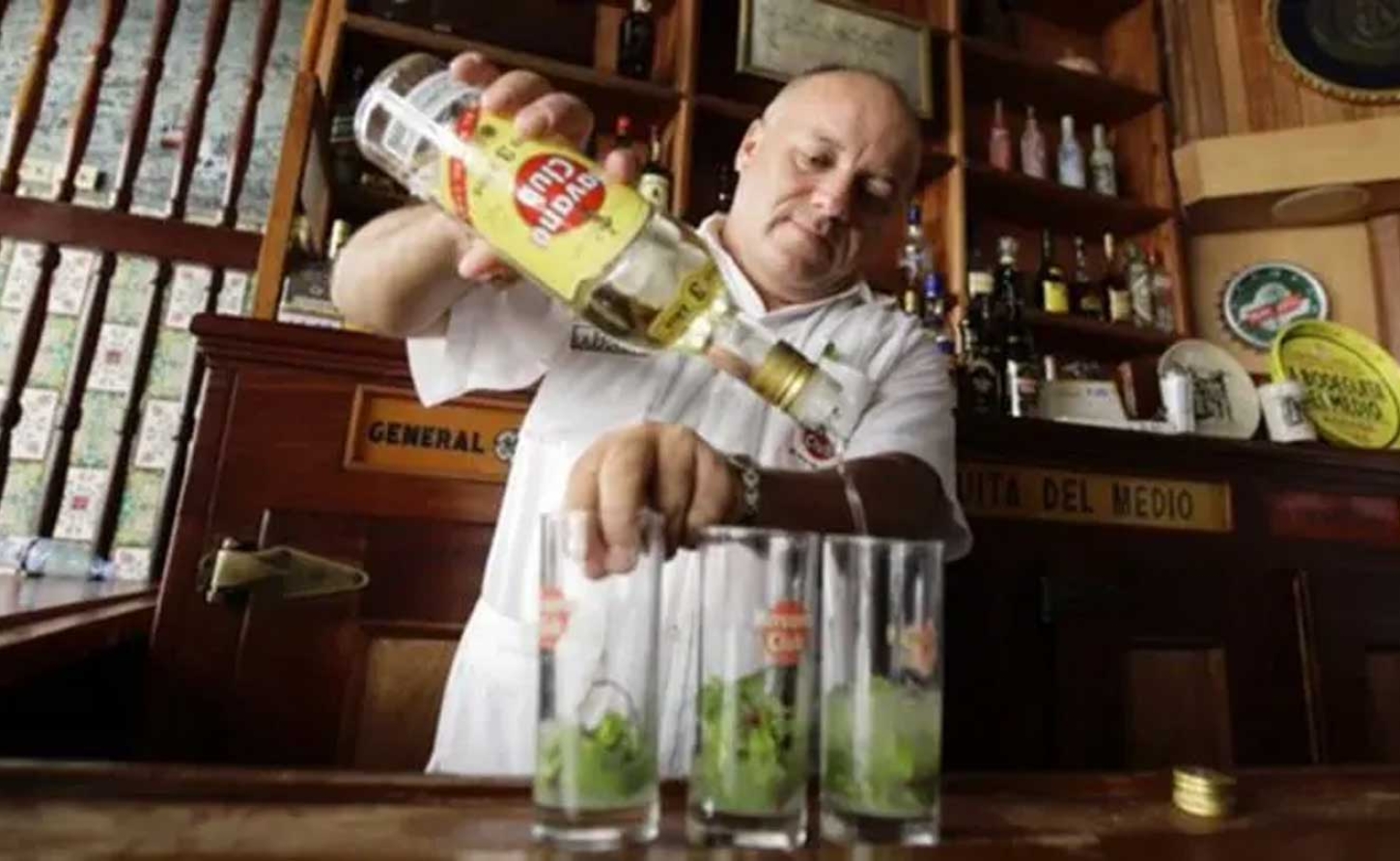CUBA | Cuba Denounces U.S. Theft of Havana Club Rum Trademark

On Tuesday, Cuba denounced as a theft of Cuban trademarks a new U.S. law which secured Bacardi’s Havana Club rum trademark in the U.S. market amid a lengthy legal battle.
“The Ministry of Foreign Affairs categorically rejects the so-called ‘Law to Not Recognize Stolen Trademarks in the United States,’ recently signed by the President of the United States,” read an official statement released by Cuba’s foreign ministry.
Bacardi, a Bermuda-based privately-held spirits company, left Cuba in 1959 and is the sole seller of the Puerto Rico-made Havana Club-branded rum in the U.S. market.
For over 20 years, the Cuban government has been in legal disputes with Bacardi over rights to the trademark in the U.S. market, to which Cuba-made Havana Club rum has been denied access due to the U.S. systemic trade embargo, economic blockade, and financial sanctions since 1962.
If one looks deeply into the so-called “stolen trademark law,” its more correct name would be the “Bacardi law.” It’s a long and twisted story, though probably forgotten by most. This is yet another chapter in the “rum war” saga:https://t.co/W5nYIaf4L4
— Cuba Business Report (@CubaReport) December 6, 2024
The statement claimed that the legislation, recently signed by U.S. President Joe Biden, is “a new unilateral coercive measure that reinforces the blockade against the Cuban economy.”
“This law deals another blow to the international system of industrial property protection and confirms the United States’ disregard for institutions of international law,” the statement said, adding that it violates both the Agreement on Trade-Related Aspects of Intellectual Property Rights and the Paris Convention for the Protection of Industrial Property.
The ministry characterized the legislation as effectively granting “a license for piracy, paving the way for the theft of legitimately registered Cuban trademarks in the United States Patent and Trademark Office.”
-30-
